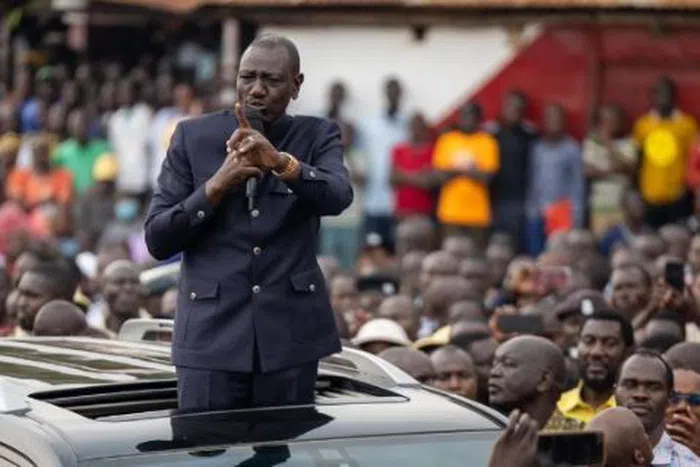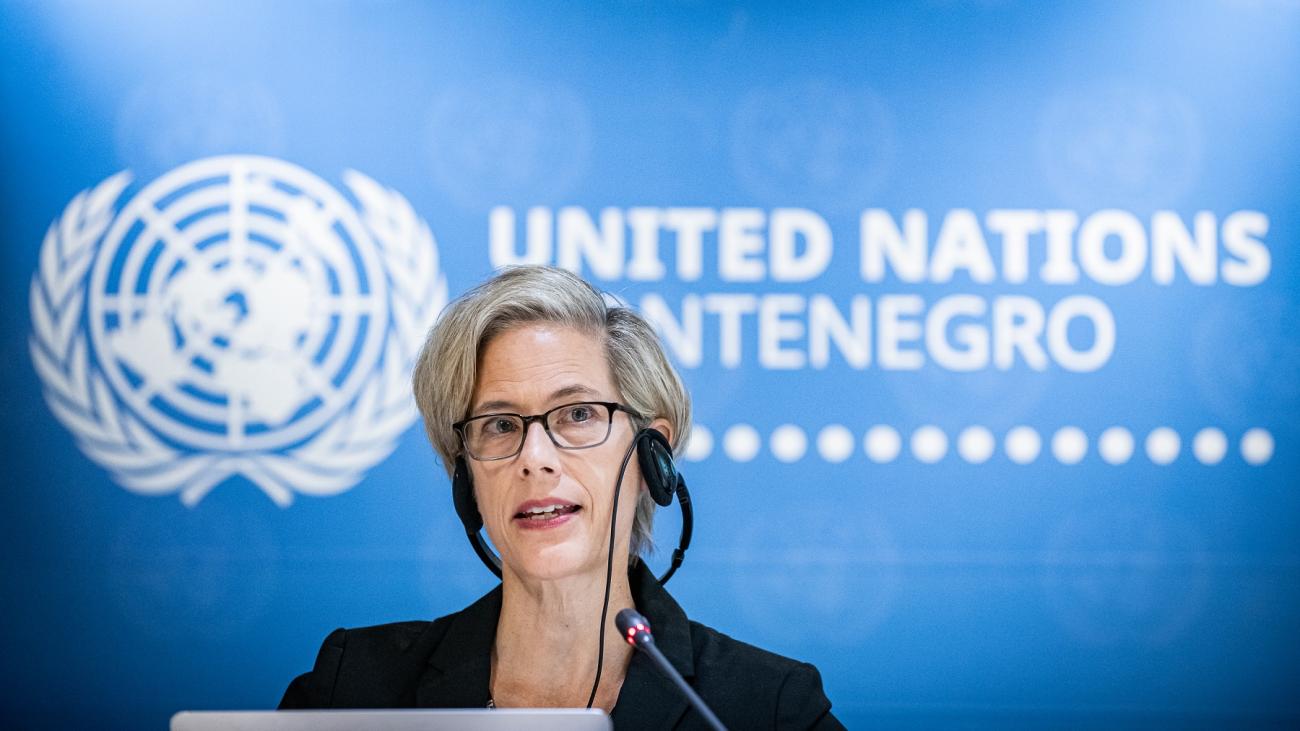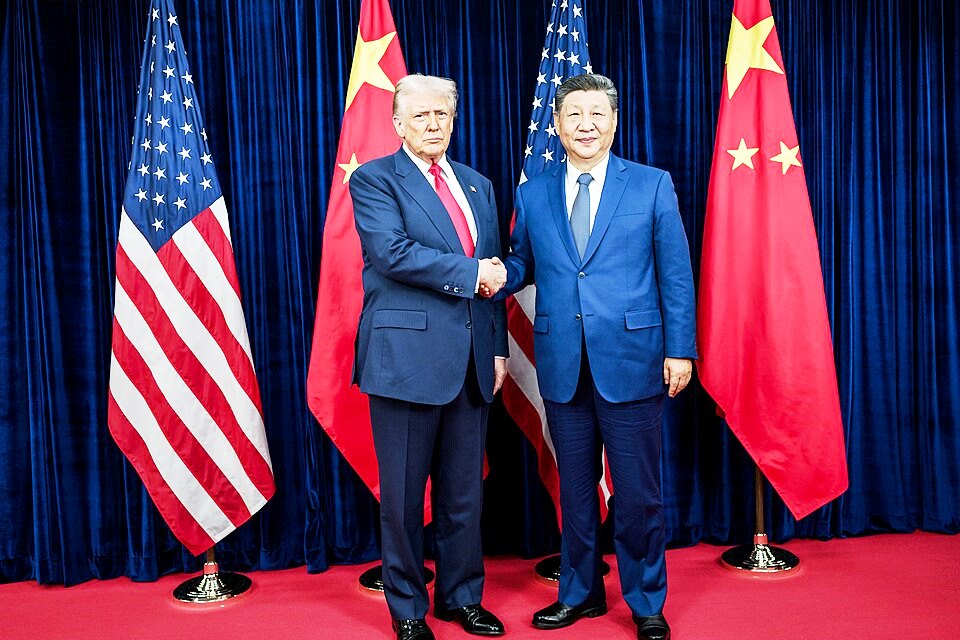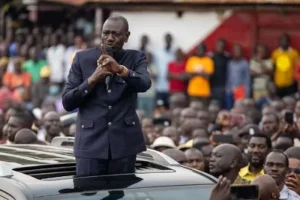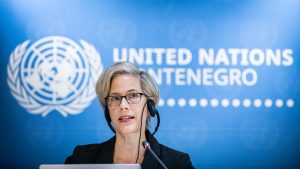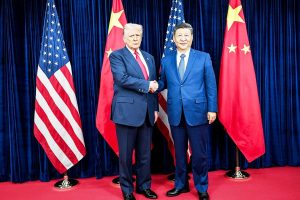IEBC selection panel chair, Dr Nelson Makanda. PHOTO/UGC.
Kenya’s history with electoral integrity is a painful one, marked by violence, division, and loss. The 2007 post-election violence remains a wound that has yet to heal, and the subsequent efforts to reform the electoral system were intended to restore trust, transparency, and fairness.
The commission tasked with overseeing that trust—the Independent Electoral and Boundaries Commission (IEBC)—now finds itself at the heart of a new storm. Reports revealing that the IEBC selection panel introduced six new names to the list of shortlisted candidates for the position of chairperson and members of the commission just days before interviews began have sent shockwaves through a public already deeply suspicious of electoral processes.
These revelations raise more than just eyebrows; they stir the same emotions that have underpinned every electoral crisis since 2007. Hassan Noor Hassan, Jibril Maalim Mohamed, Michael Ben Oliewo, Charles Kipyegon Mutai, Stephen Kibet Ngeno, and Joel Mwita—the six new names—are now at the centre of a growing debate about the integrity of the IEBC selection panel and the future of Kenya’s electoral system.
When President William Ruto appointed the selection panel, led by Dr. Nelson Makanda and Ms. Lindah Kiome, to oversee the recruitment of new IEBC commissioners, there was an underlying hope. A hope that the panel would rise above reproach.
A hope that the process would be fair, transparent, and free from the political manipulations that have plagued past commissions. After all, this was not just another routine appointment. This was about setting the stage for Kenya’s next general elections in 2027.
It was about restoring faith in an institution that has long been embroiled in controversies surrounding electoral malpractices, rigging allegations, and compromised results.
Yet, as the days draw closer to the end of the recruitment interviews, the whispers of favouritism and lack of transparency grow louder. The very panel entrusted with ensuring a fair process is now accused of undermining the trust placed in it.
Introducing six additional candidates at the eleventh hour is not merely an administrative oversight—it is a deliberate act that raises serious concerns. Why were these names introduced so late in the process? What does this sudden change say about the integrity of the selection process? More importantly, how can Kenyans trust a commission that begins its journey with such apparent missteps?
The history of Kenya’s elections is one that should not be taken lightly. The post-election violence of 2007-2008, which led to the deaths of over 1,000 people, the displacement of hundreds of thousands, and the destruction of property worth billions, is a painful reminder of what is at stake when electoral integrity is compromised.
The Kriegler Commission’s findings exposed serious flaws in Kenya’s electoral system—flaws that directly contributed to the violence. In the wake of that chaos, calls for electoral reforms grew louder. The appointment of a new, unbiased, and competent IEBC was seen as a critical step in ensuring that Kenya would never again face such a disaster.
But now, as reports of last-minute manipulations of the selection panel’s list surface, those calls for integrity seem more like a distant dream than a concrete reality. The situation is further complicated by the scars left behind by the disputed 2017 presidential election, which saw the Supreme Court annul the results due to irregularities in the electoral process.
The court’s decision was historic, not only for its legal implications but because it marked a moment where the judiciary asserted itself as a true guardian of democracy, demonstrating that no one—no matter how powerful—is beyond the reach of the law.

Members of the IEBC selection panel after their swearing-in at the Supreme Court. PHOTO/Judiciary.
The 2022 election, though ultimately upheld by the Supreme Court, was fraught with allegations of fraud, mishandling of technology, and disputes within the IEBC itself. The involvement of Smartmatic and the dysfunction of the election’s technology system only added fuel to the fire of mistrust.
It is against this deeply troubled backdrop that Kenyans had hoped for a new dawn with the recruitment of a new IEBC. The expectation was that the new commissioners would not just be competent but also trustworthy individuals who could run an election free from political interference or manipulation.
Instead, what we are witnessing is the potential for the same mistakes—if not worse—to be repeated. The late addition of names to the list is not just a procedural issue; it is a betrayal of the very people it is meant to serve.
To make matters worse, the names introduced are not without their own histories. For example, Hassan Noor Hassan is a long-serving administrator whose past ties and influence within government raise questions about his ability to operate independently.
Jibril Maalim Mohamed, Michael Ben Oliewo, Charles Kipyegon Mutai, Stephen Kibet Ngeno, and Joel Mwita all come with varying degrees of public profiles, but the timing of their sudden appearance on the shortlist suggests a level of political manoeuvring that leaves much to be desired.
The integrity of Kenya’s elections is no small matter. It affects not just the outcome of an election, but the very stability of the nation. For a country like Kenya—marked by political violence, mistrust in institutions, and historical electoral malpractices—the appointment of a fair and independent electoral body is the cornerstone of its democracy.
What is at stake is more than just a commission; it is the very trust of the people. The IEBC cannot afford another scandal. The people of Kenya cannot afford another rigged election.
As we watch the drama unfold, we are reminded that the price of electoral integrity is not merely a matter of hiring the right people; it is about the transparency of the process, the trust in those making the decisions, and the commitment to putting the nation’s interests above personal or political gain.
This is a crossroads moment—Kenya stands at the edge of either continuing to build a credible electoral system or allowing it to crumble under the weight of manipulation.
The people of Kenya deserve better. They deserve an IEBC that will inspire confidence, not fuel suspicions. They deserve a commission that is free from the shadow of political influence and personal agendas. They deserve to know that when they go to the polls in 2027, their vote will count—and that the outcome will be free from the stain of dishonesty.
This is not just about the future of the IEBC. It is about the future of Kenya itself. We must demand better. We must demand integrity. And we must hold those in power accountable—for the cost of failing to do so is far too great.





